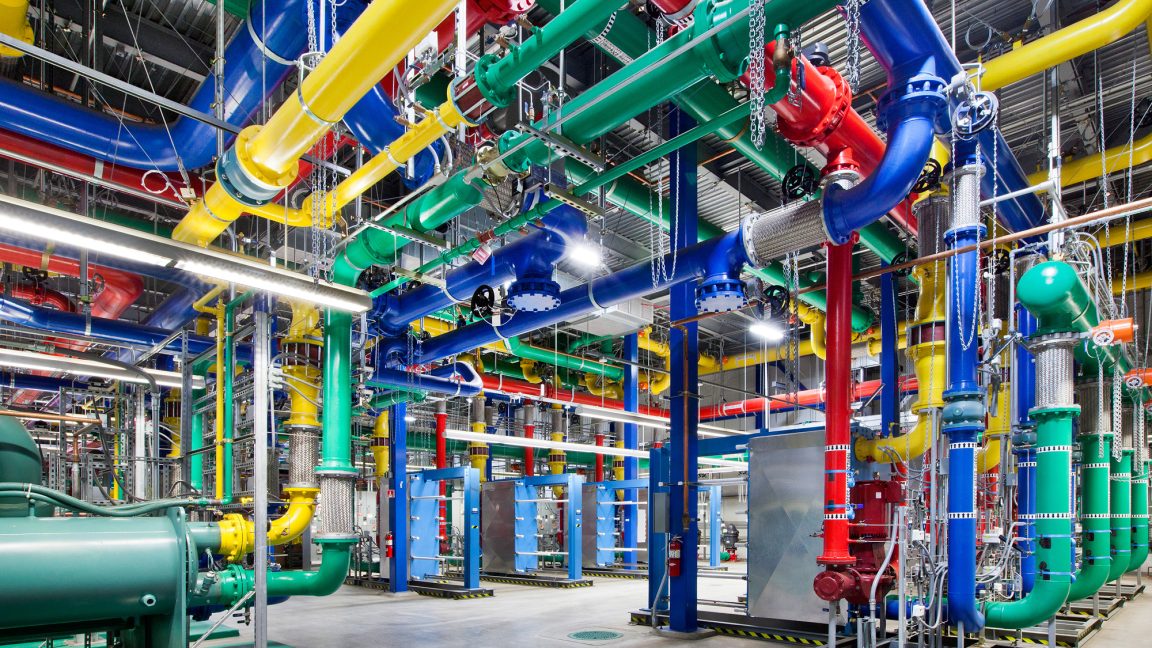Google & Yale Turned Biology Into a Language Here's Why That's a Game-Changer for Devs
NeutralArtificial Intelligence
- Google and Yale have collaborated to transform biological concepts into a structured language, which is expected to significantly enhance the capabilities of developers in the field of artificial intelligence. This initiative aims to bridge the gap between biological data and computational understanding, facilitating more effective applications in various domains.
- This development is crucial for Google as it positions the company at the forefront of AI innovation, leveraging biological insights to create more sophisticated algorithms and models. By integrating biology into AI, Google can enhance its product offerings and maintain a competitive edge in the rapidly evolving tech landscape.
- The integration of biological language into AI reflects a broader trend of interdisciplinary collaboration, where insights from diverse fields are increasingly utilized to advance technology. This shift not only underscores the importance of biological data in AI development but also highlights the growing demand for tools that can interpret complex information, paving the way for future innovations in AI-driven applications.
— via World Pulse Now AI Editorial System





